Tourexpi
As
the summer travel season reaches its peak, the World Travel & Tourism
Council (WTTC) has released a new report urging a more thoughtful and
coordinated approach to managing tourism in high-demand destinations. The
report outlines practical steps to help communities grow tourism sustainably
while preserving jobs and enhancing local quality of life.
While
overcrowding is often framed as a tourism problem, the report argues that the
underlying issues stem from deeper structural challenges — such as inadequate
infrastructure investment, poor urban planning, and fragmented governance.
These issues impact both local residents and visitors and require integrated,
evidence-based solutions.
Travel
& Tourism currently supports one in every ten jobs worldwide and
contributes nearly 10% of global GDP. Over the next decade, it is projected to
create one in three new jobs. When responsibly managed, the sector encourages
cultural exchange, environmental stewardship, and inclusive economic growth.
Without thoughtful planning, however, these benefits are at risk.
WTTC’s
new paper, Managing Destination Overcrowding: A Call to Action, acknowledges
there is no single solution to managing visitor pressure. Instead, it urges
governments, city leaders, and the private sector to work collaboratively to
safeguard communities and maintain the quality of visitor experiences.
In
2024, the Travel & Tourism sector is expected to contribute nearly $11
trillion to the global economy and support 357 million jobs — a major success
that requires responsible long-term planning. Governments already generate more
than $3.3 trillion annually from the sector, equivalent to 9.6% of global tax
revenues. WTTC is calling on leaders to reinvest a portion of these revenues
into essential infrastructure, planning tools, and local services to help
relieve pressure on popular destinations.
The
report identifies key root causes of overcrowding and offers examples of
successful local responses from cities across Europe. These include better use
of data, strategic planning, and the inclusion of residents in tourism
decision-making.
A
Practical Plan of Action
The
report sets out six essential actions destinations can take:
·
Get Organised – Form empowered
taskforces that bring together the right mix of stakeholders.
·
Make a Plan – Develop a shared vision
and strategic roadmap for tourism.
·
Gather the Evidence – Base decisions
on solid data and local diagnoses rather than assumptions.
·
Stay Vigilant – Monitor developments
in real time and adapt as needed.
·
Invest Wisely – Reinvest tourism
revenues transparently in infrastructure and community resilience.
·
Empower Residents – Involve local
communities in planning and ensure they benefit directly from tourism.
Why
It Matters
In
response to pressure, some destinations have introduced tourism taxes, but WTTC
warns these alone are not a cure-all. Without broader planning, such measures
may lead to unintended consequences, including job losses and reduced
investment.
According
to the report, if 11 major European cities were to cap visitor numbers, it
could result in a loss of $245 billion in GDP and nearly 3 million jobs over
three years.
The
report showcases forward-thinking strategies from around the world:
·
Barcelona operates under a
public-private partnership model aligned with the UN Sustainable Development
Goals.
·
VisitFlanders’ "Travel to
Tomorrow" strategy makes community wellbeing central to tourism planning.
·
Dubrovnik has partnered with CLIA to
manage cruise traffic and engage residents.
·
Iceland reinvests tourism taxes
directly into environmental protection efforts.
Julia
Simpson, WTTC President & CEO, commented:
“Travel
& Tourism brings enormous benefits — from jobs and investment to deeper
cultural understanding. But growth must be managed carefully. We’re calling on
leaders at all levels to look beyond short-term fixes and focus on long-term
value. This isn’t about stopping tourism — it’s about making it work for
everyone.”
WTTC
sees this moment as an opportunity. With the right actions, destinations can
preserve what makes them unique while continuing to benefit from sustainable
tourism. There is no one-size-fits-all solution, but every destination can take
steps that fit its local context — and in doing so, ensure a thriving,
resilient tourism future.
For
more information and to download the full report, please visit the WTTC
Research Hub.
Image
Credit: © AA
The most interesting news
 Read the News
Read the News

Travel technology at ITB Berlin 2026: AI and global innovation reshape the industry
With six fully booked Travel Tech halls, strong international participation and a new Travel Tech Track in the convention programme, ITB Berlin 2026 underscores its role as the world’s leading platform for travel technology and digital transformati
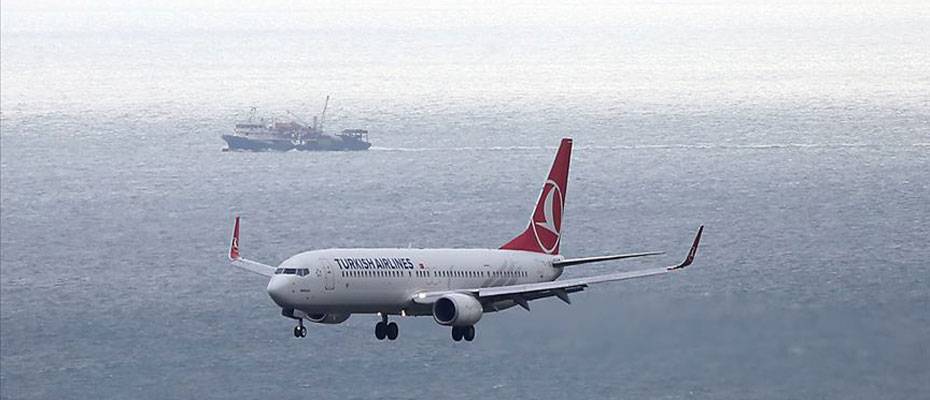 Read the News
Read the News

Türkiye’s airline fleets expand significantly over five years
Driven by rising passenger demand and major airport investments, Türkiye’s airlines have expanded their fleets sharply since 2021, with Turkish Airlines accounting for the largest share at the end of 2025
 Read the News
Read the News

Emirates extends Chauffeur-Drive service in Japan to Narita and Kansai
Premium ground service now available at three major Japanese airports from February and March 2026
 Read the News
Read the News

Moxy Hotels brings a playful twist to the New Year with Sweet Moxy Fest
Limited-edition candy cocktails and interactive lobby experiences roll out across 10 Moxy Hotels in China
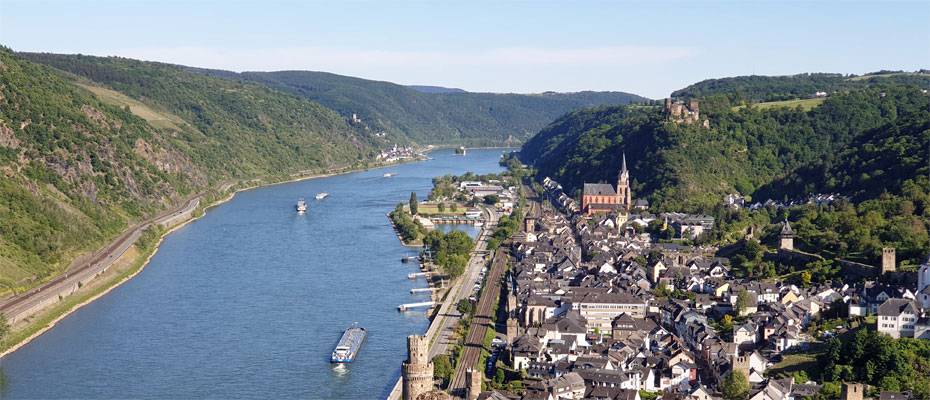 Read the News
Read the News

DRV welcomes National Tourism Strategy as a clear signal for the travel industry
German cabinet sets priorities on competitiveness, cutting red tape and sustainable development
 Read the News
Read the News

Celebrity River Cruises announces 10 additional ships and opens 2028 Europe season
With an order for ten new vessels and the opening of bookings for its 2028 European season, Celebrity River Cruises is significantly accelerating its expansion on Europe’s rivers
 Read the News
Read the News

Air India expands single-aisle fleet with order for 30 Boeing 737 MAX jets
By ordering 30 additional Boeing 737 MAX aircraft, Air India is accelerating the modernisation of its fleet and reinforcing its growth strategy in India’s rapidly expanding domestic and regional aviation market
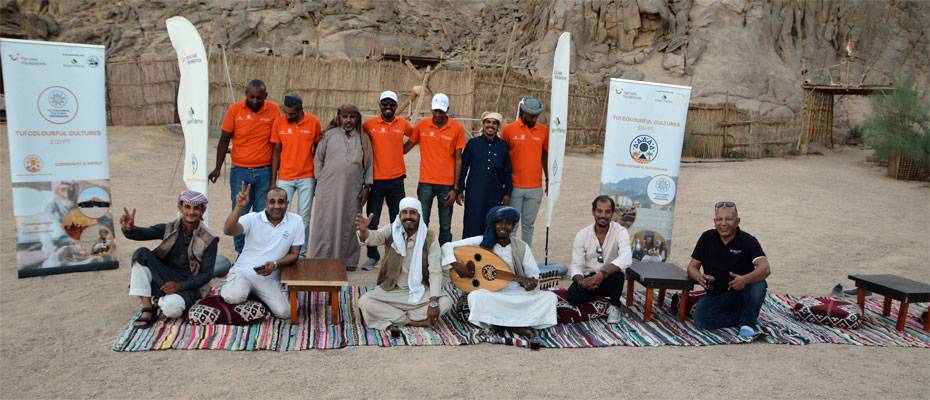 Read the News
Read the News

Hurghada: TUI Care Foundation supports Maaza Bedouin community through cultural tourism
With a new cultural tourism initiative in Hurghada, the TUI Care Foundation is strengthening the visibility, livelihoods and cultural heritage of Egypt’s Maaza Bedouin community while creating authentic experiences for visitors to the Red Sea desti
 Read the News
Read the News

TAT launches ‘Feel All The Feelings’ campaign with LISA as Amazing Thailand Ambassador
With a new TV commercial featuring Lalisa “LISA” Manobal, the Tourism Authority of Thailand (TAT) is strengthening its Trusted Thailand strategy and positioning the country as a high-quality destination through emotion-led storytelling
 Read the News
Read the News

China advises citizens to avoid travel to Japan
Beijing cites security concerns and earthquake risks as tensions with Tokyo remain high
 Read the News
Read the News

Four Seasons marks 65 years with focus on disciplined global growth
Anniversary year highlights expansion in key markets, residential strength and the debut of Four Seasons Yachts
 Read the News
Read the News

Spain presents Tourism 2030 Strategy at FITUR and strengthens global tourism governance
At FITUR 2026, the Ministry of Industry and Tourism outlines strategic priorities for the decade ahead, relaunches social dialogue in hospitality and confirms the opening date of the Parador de Ibiza
 Read the News
Read the News

Emirates and Air Peace activate bilateral interline agreement
Enhanced partnership expands seamless connectivity between Africa, the UAE and London
 Read the News
Read the News

Shiso City unveils new sustainable experiences rooted in forests, fermentation and heritage railways
Located near Kyoto and Osaka, the forest-rich city in Hyogo Prefecture positions itself as an emerging destination for nature-based and culturally grounded travel
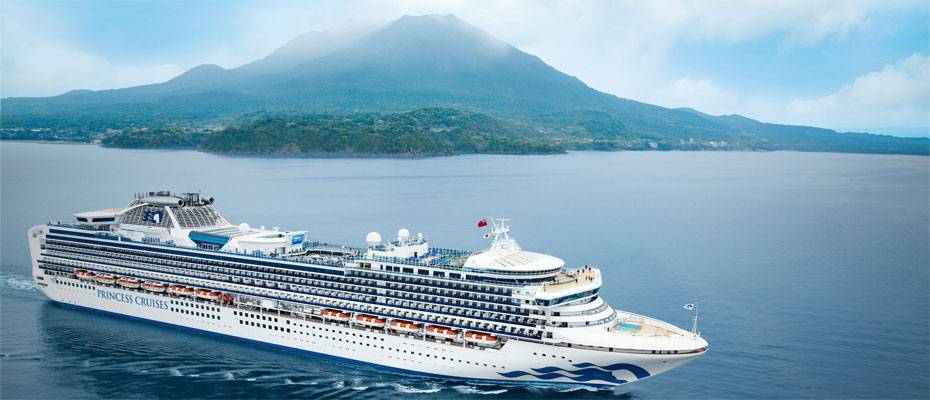 Read the News
Read the News

Diamond Princess expands culinary offering with two new specialty restaurants
Makoto Ocean and the Crown Grill debut for the 2026 Asia and Japan season, further enhancing Princess Cruises’ dining experience at sea
 Read the News
Read the News

Germany issues travel alert for the United States after Minneapolis shooting
Foreign Ministry urges vigilance following violent confrontations during protests in several U.S. cities
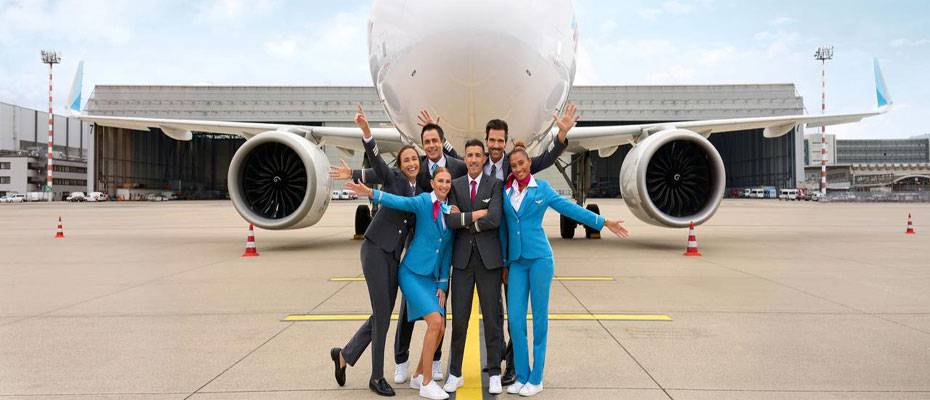 Read the News
Read the News

Eurowings expands services and routes in early 2026
Fast onboard internet, a top employer award, flexible flight vouchers and a new summer route from Graz underline Eurowings’ focus on connectivity and quality
 Read the News
Read the News

ITB Berlin 2026 launches ITB Navigator for matchmaking and show preparation
New digital platform supports networking, appointment planning and information access ahead of ITB Berlin from 3 to 5 March 2026
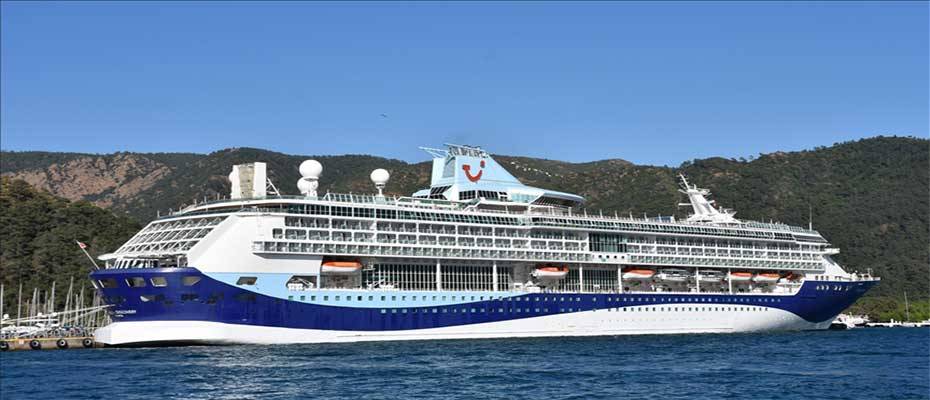 Read the News
Read the News

Marella Cruises reveals headline acts for 30th Birthday sailings in May 2026
Live performances and celebrity Q&A sessions will mark three decades of Marella Cruises with celebratory voyages across the fleet
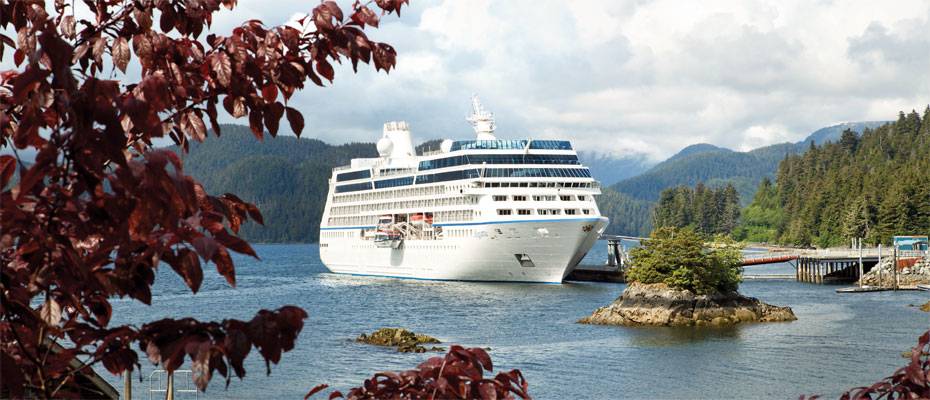 Read the News
Read the News

Oceania Cruises marks America’s 250th anniversary with distinctive Alaska and New England voyages
Luxury cruise line unveils 19 journeys in 2026 combining heritage, landscapes and destination-focused culinary experiences
 Read the News
Read the News

Condor launches daily Frankfurt–Cairo service from May 2026
New route strengthens Condor’s international network and expands access to a key market in North Africa




